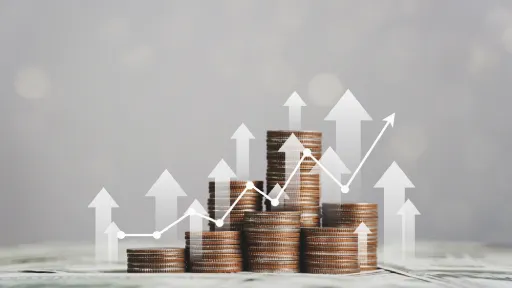Understanding a credit card explained is crucial in today’s fast-paced financial environment, where digital transactions dominate and financial literacy is key to making smart money choices. Credit cards are more than just plastic cards; they are powerful financial tools that, when used wisely, can help build credit, manage cash flow, and access benefits. This article will demystify what a credit card is, how it works, and why it matters for your financial health.
Credit Card Explained: What Is It?
A credit card is a payment card issued by financial institutions allowing users to borrow funds up to a pre-approved limit to make purchases or withdraw cash. Instead of using your own money immediately, you borrow money to be paid back later, usually with interest if not paid within the grace period.
Key Features of Credit Cards
- Credit Limit: The maximum amount you can borrow on the card.
- Billing Cycle: The period within which your transactions are recorded, typically a month.
- Minimum Payment: The smallest amount you must pay by the due date to keep the account in good standing.
- Interest Rate (APR): The annual percentage rate charged on unpaid balances.
- Grace Period: Time during which you can pay off new purchases without incurring interest.
How Does a Credit Card Work?
When you use a credit card, the card issuer pays the merchant, and you agree to repay the issuer later. Each month, you receive a statement with the total amount owed and the minimum payment required. Paying the full balance on time avoids interest charges, while paying less than the total balance accrues interest on the remaining amount.
Why Understanding a Credit Card Explained Is Vital
Knowing how a credit card works can help you avoid debt traps and maximize benefits like rewards and credit score improvement. In today’s economy, many purchases—both online and offline—are made using credit cards, making them an essential skill for managing your finances effectively.
Benefits of Using a Credit Card Wisely
- Builds Credit History: Responsible usage helps improve your credit score.
- Convenience and Security: Widely accepted and safer than carrying cash.
- Rewards and Cashback: Earn points, miles, or cashback on purchases.
- Purchase Protection: Some cards offer insurance or extended warranties.
- Emergency Funds: Provides a backup source in financial emergencies.
Common Credit Card Terms to Know
- Balance Transfer: Moving debt from one card to another, usually to benefit from lower interest rates.
- Cash Advance: Borrowing cash from your credit limit, usually with higher fees and interest.
- Late Payment Fee: A penalty for missing the payment due date.
- Credit Utilization Ratio: The percentage of your credit limit used; important for your credit score.
Tips for Using Credit Cards Responsibly
- Always pay your balance in full to avoid interest charges.
- Keep your credit utilization below 30% of your credit limit.
- Monitor your statements regularly for fraudulent charges.
- Understand fees and terms before applying for a new card.
- Use rewards to maximize value but avoid overspending.
In conclusion, a credit card explained thoroughly is a stepping stone toward better financial management. It provides flexibility, safety, and potential rewards if used wisely. Educating yourself on the mechanics and benefits of credit cards ensures you can take advantage of these tools without falling into debt, ultimately contributing to financial stability and growth.


